Education
NEET PG 2025 Postponed to August 3 Following Supreme Court’s Directive to Conduct Exam in One Shift

NEET PG 2025 Postponed to August 3 Following Supreme Court’s Directive to Conduct Exam in One Shift
On Friday, the Supreme Court permitted the National Board of Examinations in Medical Sciences (NBE) to postpone the NEET PG 2025 exam from June 15 to August 3, 2025.
The decision came after the Court ordered that the exam must be conducted in a single shift instead of two. NBE explained that conducting the exam in one shift would require arranging double the number of exam centers, along with additional time for identification and security preparations.
The Court accepted these reasons and granted the extension but made it clear that no further postponements will be allowed.
This order follows a petition filed by a group of candidates challenging the change from the usual single-shift format and seeking disclosure of answer sheets and question papers.

Mumbai Sessions Court Denies Bail to Lawyer Accused of ₹2.57 Crore Fraud Using Forged Bombay High Court Orders
A sessions court in Mumbai recently rejected the bail application of lawyer Vinay Kumar Ashok Khatu, accused of defrauding his client of ₹2.57 crore by presenting forged Bombay High Court orders.
The court noted the lawyer’s prior criminal record, which includes impersonation of an IAS officer in Delhi and Kerala, and deemed him unfit for bail given the seriousness of the allegations.
According to the prosecution, Khatu convinced his client, Urmila Talyarkhan, to file a delayed second appeal in a land dispute case. He then produced fake court orders claiming her appeal was admitted and the lower court’s decree stayed.
Trusting these documents, the client transferred the money through RTGS to Khatu’s associates. The land dispute itself dates back to 1998 involving agricultural land in Raigarh district.

The court emphasized that granting bail in such a serious matter would send the wrong message to society.
Education
NCERT Labels Mughals Brutal, British as Looters; Gita & Ramayana May Join Curriculum
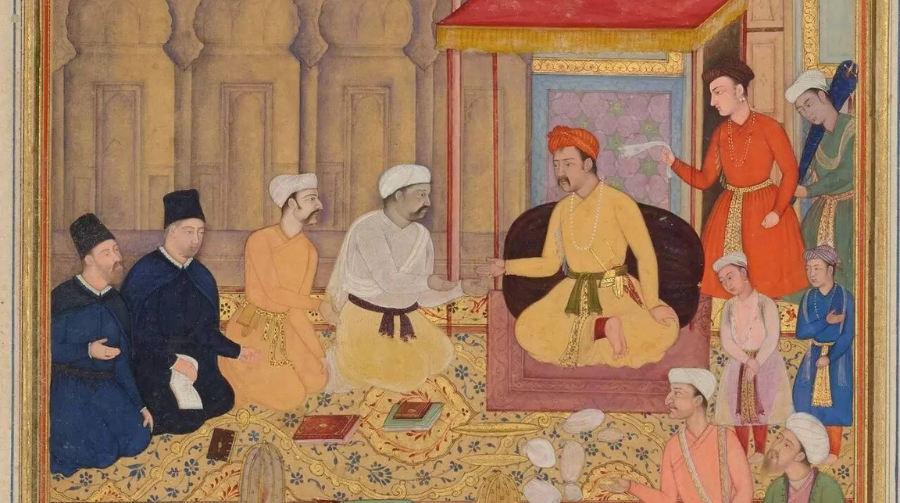
The National Council of Educational Research and Training (NCERT) will introduce significant changes in its Class 8 Social Science syllabus starting next academic year. New language in the “Exploring Society: India and Beyond” textbook now describes Babur as “ruthless and brutal”, Akbar as “brutal but tolerant”, and highlights countless episodes of religious intolerance during the Sultanate and Mughal eras, while also characterizing British colonialists as looters of India’s wealth
In addition, the Uttarakhand government has petitioned NCERT to include verses from the Bhagavad Gita and excerpts from the Ramayana in state school textbooks and morning assemblies for its nearly 17,000 government schools

What’s New in the Textbook?
- Babur is called “brutal and ruthless,” accused of massacring civilians and creating towers of skulls
- Akbar’s reign is presented as a mix of cruelty and tolerance
- Aurangzeb is portrayed for re‑introducing the jizya, destroying temples and gurdwaras, coupled with his military tactics
- The British are explicitly described as plundering India’s treasure .
To maintain balance, NCERT adds a footnote in the section “Note on Some Darker Periods in History”, emphasizing that these depictions are for understanding, not blame—no one today should be held responsible for centuries-old events
Context & Curriculum Shift
- The revised Class 8 textbook reflects a new approach under the National Curriculum Framework 2023, shifting Mughal history from Class 7 to 8 and adopting a more chronological and thematic structure
- NCERT also integrates chapters on modern topics like AI, the Gaganyaan mission, and India’s Ganga river heritage
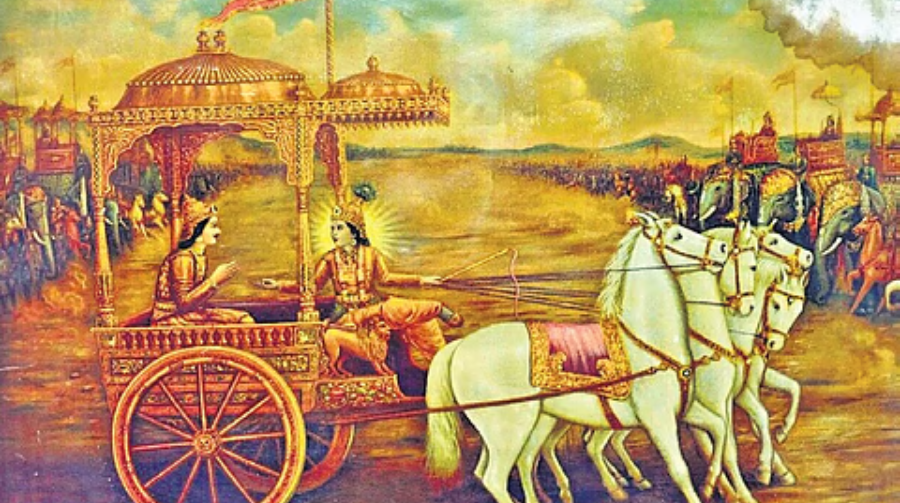
Gita & Ramayana Inclusion Request
- Uttarakhand’s Education Minister Dhan Singh Rawat confirmed that post-revision, students will recite verses from the Gita and Ramayana during prayers until formal inclusion in textbooks occurs
- This move aims to strengthen ethical values and revive India’s spiritual-cultural foundations within education .
The Debate & Controversy
- Critics argue that the heavier focus on Mughal brutality and British looting signals a troubling shift toward “saffronisation” or ideological bias
- Proponents support a balanced narrative that addresses both achievements and darker chapters of Indian history, citing the neutralizing footnotes .
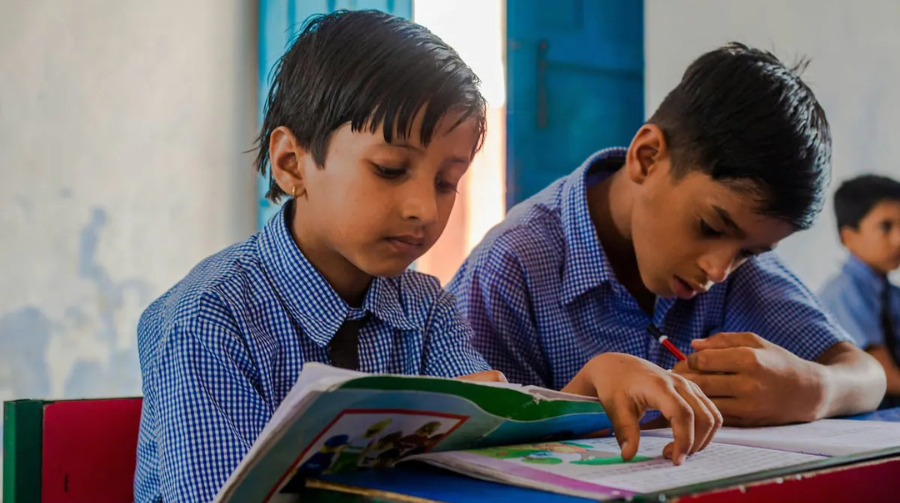
Why This Matters
| Reason | Impact |
|---|---|
| Historical awareness | Teaches students about violence, conquest, and colonial exploitation |
| Cultural identity | Integrates classical Indian texts for moral grounding |
| Educational balance | Combines factual history, modern science, and ethical learning |
| National discourse | Sparks debate over how India’s history should be taught |
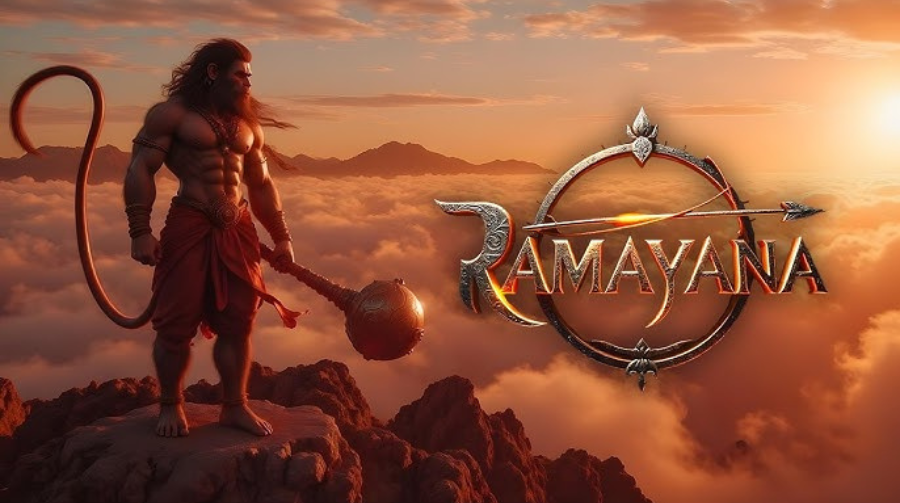
Final Take
NCERT’s updated syllabus seeks to present a nuanced and comprehensive picture of Indian history—not just celebrating its heroes, but also confronting its brutality and colonial exploitation. The proposed inclusion of Bhagavad Gita and Ramayana content reflects efforts to revitalize moral education. As the debate continues, this reform will shape how future generations understand India’s past and values.
Education
Karnataka to Provide Free Bus Services from LKG to PUC, Announces D.K. Shivakumar

Deputy Chief Minister D.K. Shivakumar officially announced that the Karnataka government plans to extend free bus transportation to all students attending Karnataka Public Schools (LKG to PUC) across the state

Why It Matters
- Boosting Government Schools: The initiative aims to enhance attendance and improve education quality by removing travel hurdles for rural and economically disadvantaged students
- Equity Beyond Gender: Previously, only girls benefited from free transport. This expansion will include all students, making the scheme truly inclusive
- Strengthening KPS: By supporting Karnataka Public Schools, the government hopes to reinforce public education and curb dropouts across the state

Details & Next Steps
- Current Status: The announcement is in a preliminary phase; through Transport Minister Ramalinga Reddy, officials confirmed it requires cabinet approval and finance department clearance
- Estimated Cost: Early estimates indicate the scheme may cost around ₹10 crore or more, pending final calculations
- Coordination Underway: The Education and Transport departments are discussing implementation logistics such as bus routes, scheduling, and budget allocation .

Official Statement
On X (formerly Twitter), D.K. Shivakumar posted: The government is committed to the bright future of government school children! … decided to start a free bus service for students studying from LKG to PUC in KPS across the state

What’s Next?
- The proposal will undergo official review, followed by cabinet approval and a rollout plan involving fleet expansion and route mapping.
- Upon successful implementation, thousands of students statewide will have improved access to education.
Education
Sarkari Naukri Craze in 2025: Why Indians Still Flock to Government Jobs
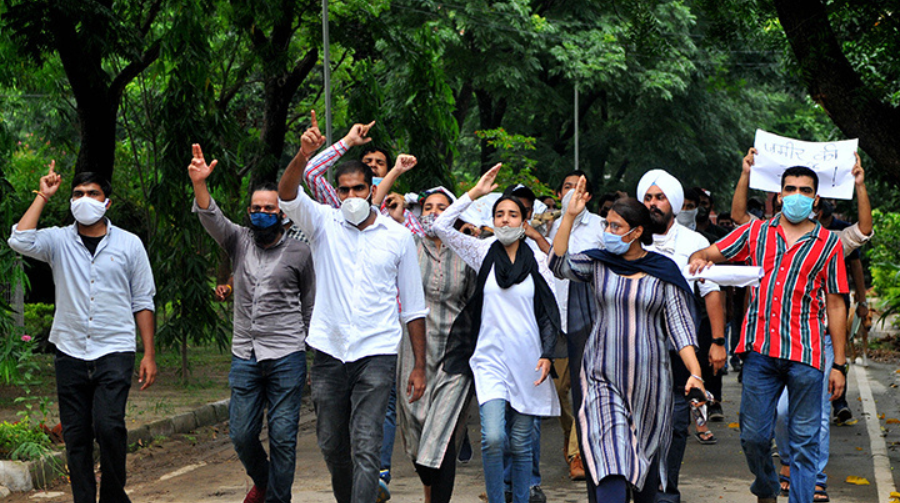
One of the biggest reasons is unmatched job security. While private companies are prone to layoffs and market shifts, government jobs offer long-term stability.
Work-Life Balance
Most government roles have fixed work hours, ensuring a healthier work-life balance — a big attraction for today’s generation.

Social Prestige
Being a government employee still commands high respect in society, especially in smaller towns and rural areas.
Perks and Benefits
From housing allowances and pension plans to medical facilities, the perks are extensive and attractive.

Latest Trends in Sarkari Naukri
- Digital Recruitment: Many exams and interviews have shifted online, making the process more transparent.
- Focus on Skill-Based Hiring: In addition to written exams, more departments are emphasizing skill tests and interviews.
- Diversity Push: Several states have increased reservations to promote inclusivity.
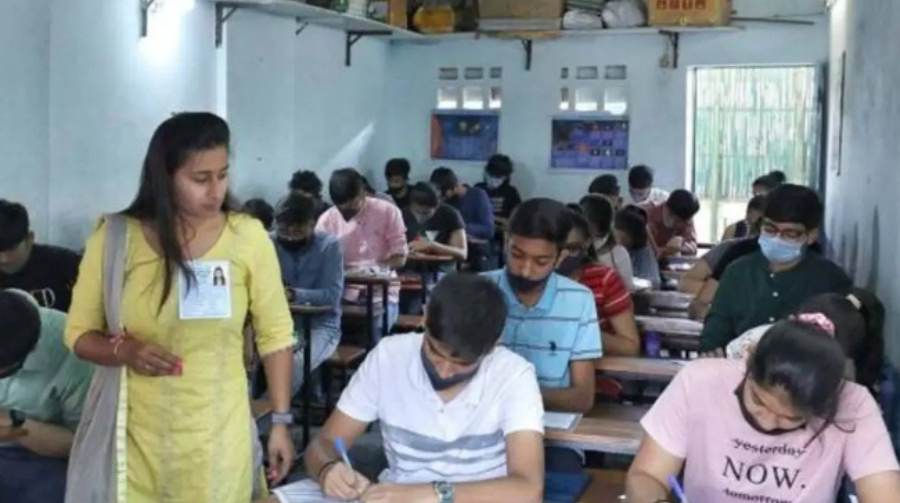
Top Government Exams to Watch in 2025
- UPSC Civil Services Exam: Still the most prestigious, with lakhs of aspirants every year.
- SSC CGL & CHSL: Popular for various clerical and administrative posts.
- IBPS PO & Clerk: Banking jobs continue to draw massive interest.
- Railway Recruitment Board (RRB): Offers a variety of technical and non-technical posts.
- State PSC Exams: Each state conducts its own exams for administrative services.
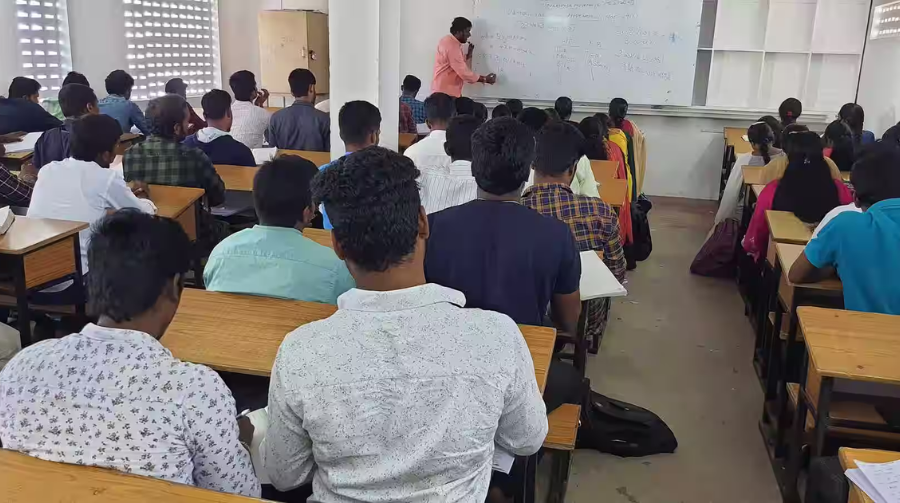
Challenges and Competition
The biggest challenge? Fierce competition. With lakhs of candidates applying for a handful of positions, preparation requires dedication and strategy.
Preparation Tips
- Start early and follow a disciplined schedule.
- Focus on mock tests and previous years’ papers.
- Stay updated with current affairs — a crucial component of almost all exams.
-

 Celebrity Lifestyle2 months ago
Celebrity Lifestyle2 months agoEx-Cricketer Shikhar Dhawan Buys Ultra-Luxury Apartment Worth ₹69 Crore in Gurugram
-

 News2 months ago
News2 months agoIndia offers zero-for-zero tariffs on auto parts, steel from US
-

 Business1 month ago
Business1 month agoAmazon sets 30‑day relocation deadline for corporate staff—opt out by resigning in 60 days
-

 Glamour & Entertainment4 weeks ago
Glamour & Entertainment4 weeks agoTelegram Channels Disseminating Pro‑Russian Propaganda in Poland
-

 Celebrity Lifestyle1 month ago
Celebrity Lifestyle1 month agoMaha Kumbh Girl Monalisa seen in car allegedly worth ₹1 crore
-

 News3 months ago
News3 months agoOperation Sindoor Live Updates: Pakistan used Turkey-made drones to target 26 locations, military sites in north India
-

 Education1 month ago
Education1 month agoNEET UG Controversy Explained: Paper Leak, Impersonations & Ongoing Probe
-

 Cricket3 months ago
Cricket3 months agoIPL 2025 Suspended: IPL suspended for only this many days? BCCI told when the tournament will start again!




